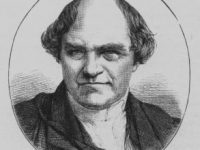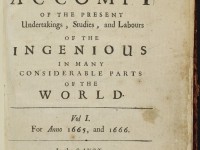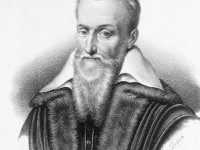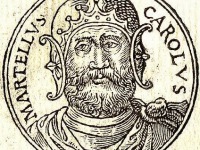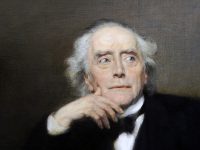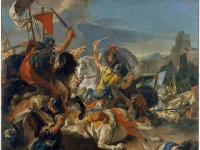William Whewell and the History of Science
On May 24, 1794, English polymath, scientist, Anglican priest, philosopher, theologian, and historian of science William Whewell was born. What is most often remarked about Whewell is the breadth of his endeavors. He published work in the disciplines of mechanics, physics, geology, astronomy, and economics, while also finding the time to compose poetry. One of Whewell’s greatest gifts to science was his wordsmithing. Amongst others, he also coined the word “Scientist”. “Every…
Read more

